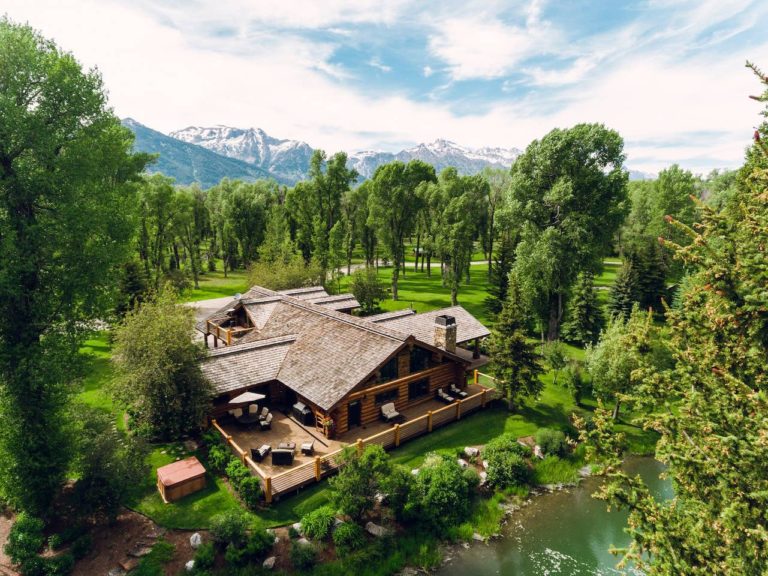
Short-term rental bookings in North America soared this week due to the solar eclipse on Monday. The eclipse started on the Pacific coast and went through fifteen states in the United States. Consequently, many people traveled to popular holiday destinations to view the solar eclipse.
The Solar Eclipse Airbnb Boom
This event is a solid case study for various short-term property owners who may benefit from future events like this. Short-term renters can adjust their pricing strategies in anticipation of future events and even prepare to rent additional properties or rooms if possible. Moreover, people who are looking for good locations to purchase short term rentals can examine data from these states to see which state might be a good location.
AirDNA Study
AirDNA analyzed over 2,000 cities with active short-term listings in Mexico, Canada, and the United States. These cities collectively had over 110,000 active listings within the path of the eclipse. AirDNA analyzed data from these cities to provide insights into how this event impacted the short-term rental market.
Occupancy rates for Monday, April 7th, reached 88%, shockingly high for a weekday. Specific cities, like Dallas and Buffalo, even had a higher occupancy rate of around 95 to 98%. Data visualization showed that bookings within these regions soared the night before the eclipse and were well below the occupancy rates during typical weekdays and weekends.
Location is Key
Data from AirDNA also showed the approximate growth in bookings for select states, including those that were in the path of totality and those that only offered a partial view. Cities in Eclipse states had a 22.4% increase in bookings, compared to a mere 3.9% increase in other states. There was a moderate increase in bookings during this period due to the seasonal effect, as many people were traveling after Easter.
However, most individuals were interested in finding a booking that provided them with the total solar eclipse viewing. Cities on the path of totality had a 207.4% increase in bookings this Monday, which was nearly 10x greater than the growth rate for bookings within eclipse states. This growth rate reflects that individuals were very eager to pay for a direct view of the eclipse instead of having a partial view or driving to another area for a better view.
Pricing Power
Hosts who owned property within these states had some power to raise prices due to the increased demand. The average daily rate for listings within the path of totality rose by 18.4% compared to the previous year. However, the data varies greatly between different states, as some states may have been more appealing due to their location and natural surroundings. Specific states, like New Hampshire and Missouri, had much more demand, as demand for short-term listings soared over 300% in these states.
States with fewer listing options had much more power to raise their short-term rates, while other states with less of a tight supply of listings did not hike prices even though demand rose considerably. Listings in Texas, Vermont, and Pennsylvania increased their rates substantially due to the relatively lower supply of listings in the market.
Lessons for Hosts
If you own a short-term rental property or are thinking about purchasing a short-term rental property, there are plenty of significant trends that you can learn about from this event. Owning a property in a relatively undersupplied market can provide you with much more pricing power during any type of event, including holidays, eclipses, or other important events.
Data from AirDNA offers insights into which states may have the most pricing power in the short-term rental market. However, there may be other similar pockets of value in other states that are located outside the path of the eclipse.